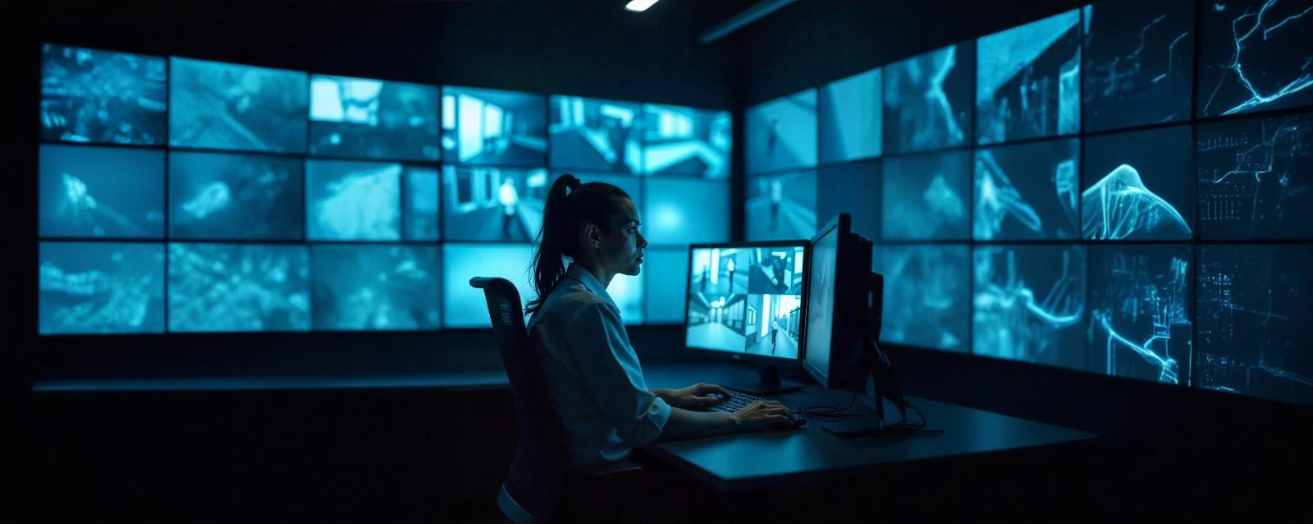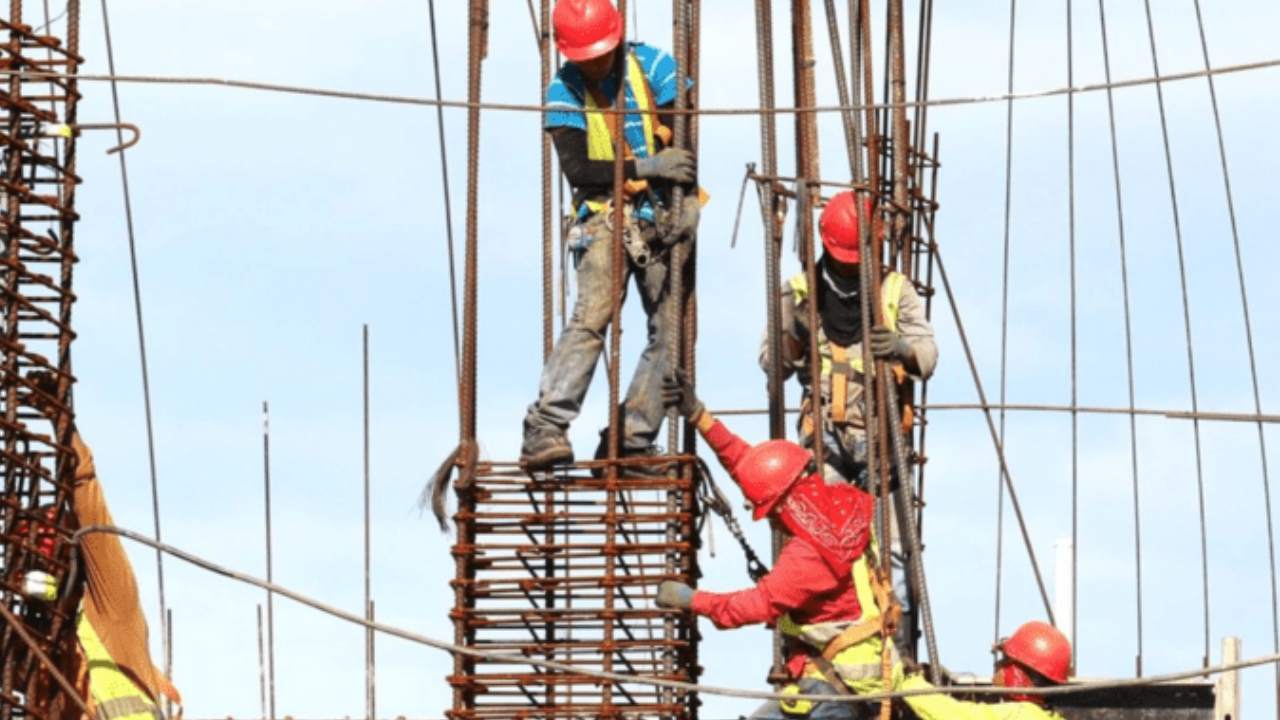Imagine you are on the job as a door supervisor. There is a queue, and it is starting to get restless. One group is obviously drunk and getting a bit loud and are arguing. What do you do?
Well, the first thing is you won’t worry. Your training for your Door Supervisor SIA licence has equipped you with the skills to handle these situations. It has taught you to know that your actions can diffuse or aggravate a situation.
A Quick Conflict 101 Round-Up
✅ Conflict is when all parties perceive a threat. It does not matter if the threat is real or not.
✅ If ignored, a conflict situation just doesn’t go away. It tends to fester.
✅ Responses to conflict situations are based on the perceptions of those involved.
✅ Conflicts create strong emotions in all those participating and bystanders.
✅ Conflict can provide a learning opportunity.
To safely manage a potential or escalating conflict situation, you need to have knowledge of what is happening. Plus an awareness of your own reaction to handling the situation. With this info, you will have the ability to lessen the risk, reduce the tension and have options if further action is needed
Conflict Management – Security Personnel
Once you hold your SIA licence, you are employed to keep the public and property safe. The door supervisor course, from April 2021, will become a 6-day course with 4-units.
✅ Unit 1: Working in The Private Security Industry
✅ Unit 2: Working as a Door Supervisor
✅ Unit 3: Conflict Management for The Private Security Industry
✅ Unit 4: Physical Intervention Skills for The Private Security Industry
All units are broken down into segments that will give you knowledge about legislations appropriate to the industry—awareness of what the job entails and the skill to carry out that job.
The conflict management section of unit 3 includes
✅ Avoiding conflict and reducing personal risk
✅ Defusing conflicts
✅ Resolving and learning from conflicts
✅ Application of communication skills and conflict management for Door Supervisors
Managing Your Reactions
The SIA training courses help prevent unhelpful responses and replace them with other more professional, thought-out responses. Responses that show you can compromise or see the other person’s viewpoint. The courses also train you to act in a calm, non-defensive and respectful manner. Providing you with personal resources so that you can move on past the conflict, not holding onto grudges or anger.
The stress that can occur whenever you have to deal with conflict affects you. It is vital to learn your stress responses so that you can manage them effectively and professionally.
Skills covered in our training sessions
✅ Being able to read body language
✅ Accurately hear what someone is saying, sometimes hidden behind swearing or chants
✅ Increased awareness of your prejudices and reactions
✅ The ability to react quickly in a calm, efficient way
Being able to communicate is another skill you will learn—non-verbal skills as well as verbal. Learn to understand non-verbal communication and how your facial expressions and stance can help resolve a problem. Look more open, like not standing with arms folded and a stern expression on your face. Let your arms relax, avoid clenching your teeth, project a listening yet professional bearing. Use your judgement to see if humour will defuse a situation or aggravate it. All these are learnable skills that grow the more you use them and train them.
Tips For Reducing A Tense Situation
✅ Find out what the problem or disagreement is about
✅ Act in a calm and relaxed manner
✅ Talk clearly and without irritation or anger in your voice and tone of language
✅ Ask what is happening from their point of view
✅ Ask them their suggestions for easing the tension
✅ Agree on the best way to move past the problem
✅ Agree on who does what to reach a resolution
✅ Continue to monitor the situation – presenting a calm yet firm presence
Unfortunately, we cannot always resolve a conflict or disagreements. Some require more input, like calling in more support. If you can see that a breach of the peace or an assault is about to occur, you can use physical intervention. The law states that you can only use reasonable force. To understand the law and its implications, Unit 4 of the SIA training course covers all aspects of physical interventions.
Want to know more about what training for an SIA licence in the private sector involves? Check out this video. Are you ready to face the future, working in the security industry?
Looking for jobs?
To find the latest security jobs, check out our Jobs Board, which has 1,000+ jobs from the UK’s best security companies.
If you’re on the hunt for a security job on the go, download the GuardPass app for all the latest jobs and more. The GuardPass App is available for download on the Apple App Store or on the Google Play Store.












